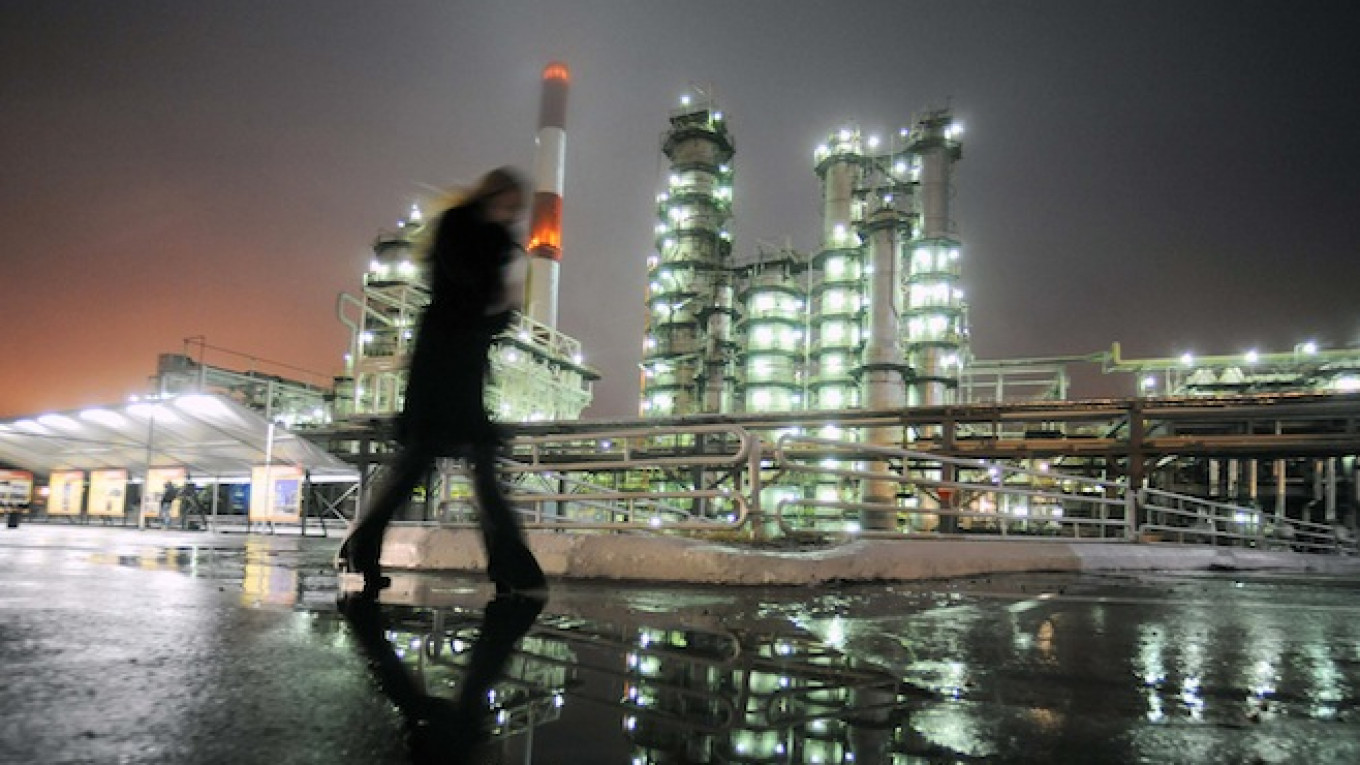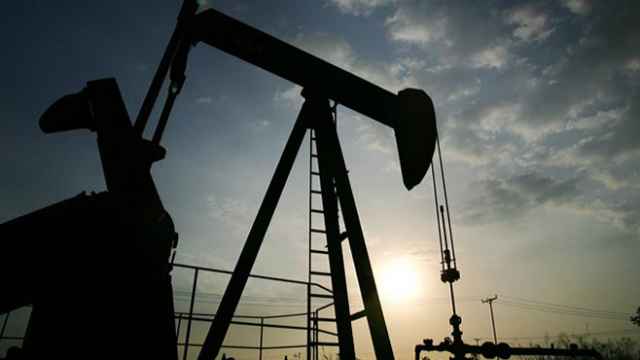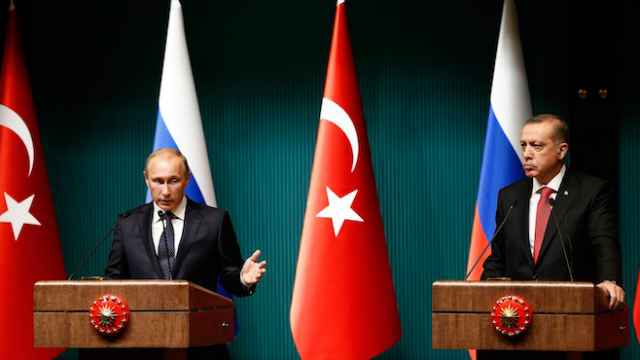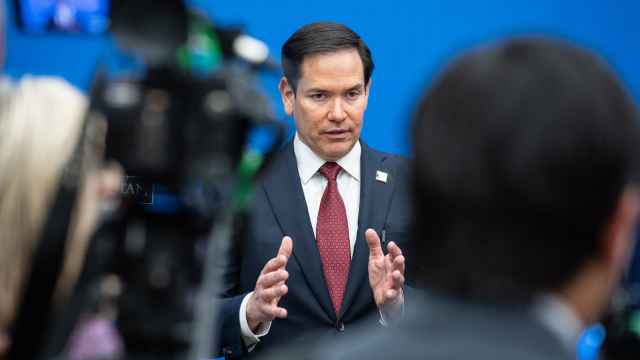RIGA — Creation of a single European energy market is the focus as ministers meet Friday in Latvia aiming to improve cross-border cooperation and reduce reliance on imported Russian supplies.
Latvia and Baltic neighbors Estonia and Lithuania historically have been dependent on Russian natural gas and lacked the connections to other European Union nations needed to diversify.
Ministers aim to reduce such barriers across Europe, making the sharing of gas and power easier and cheaper for EU countries and others. The European Commission will publish its strategy on Feb 25.
Friday's meeting should mark "the time when we finally move away from 28 national policies," said Commission Vice President Maros Sefcovic, who has responsibility for energy union.
There has been some progress already, with the EU organizing reverse flows on gas pipelines to Ukraine after Russia shut off supply to Kiev last June.
A liquefied natural gas (LNG) terminal has been built in Lithuania, one is under way in Poland and another is planned in Finland, opening the door to imports from Qatar and other suppliers.
By the end of the decade, plans call for Azerbaijan to pipe gas to the EU via Turkey, a new gas link between Lithuania and Poland, and another connecting Finland and Estonia.
Security of Supply
Russia's annexation of Ukraine's Crimea region last year underscored the need for Brussels to do more to safeguard the EU's energy supply.
Europe relies on Russia for about one-third of its gas, almost half of which is piped via Ukraine.
While EU deliveries were not disrupted after Russia cut off Ukraine's supply, continuing tensions with Moscow, including its plans to divert piped supplies away from Ukraine, have spurred talks on better EU cooperation and the need for alternative supplies.
Friday's talks in Riga bring together energy ministers, EU commissioners, industry representatives and environment campaigners demanding "an energy and climate union."
Yet after decades of EU member states putting national interests first, some analysts remain skeptical
In Latvia itself, EU laws calling for liberalization have been slow to take root. Its gas market remains controlled by Latvijas Gaze, a company in which Russian gas exporter Gazprom holds a 34 percent stake.
That has slowed development of a regional gas market using Latvia's underground storage and LNG from Lithuania's import terminal, for example.
Vice president Sefcovic insists the Commission's new approach will accelerate progress.
He has pledged tough legal action including fines for nations that fail to enforce existing law on energy market liberalization The Commission is also planning new legislation, including power market reforms.
A Message from The Moscow Times:
Dear readers,
We are facing unprecedented challenges. Russia's Prosecutor General's Office has designated The Moscow Times as an "undesirable" organization, criminalizing our work and putting our staff at risk of prosecution. This follows our earlier unjust labeling as a "foreign agent."
These actions are direct attempts to silence independent journalism in Russia. The authorities claim our work "discredits the decisions of the Russian leadership." We see things differently: we strive to provide accurate, unbiased reporting on Russia.
We, the journalists of The Moscow Times, refuse to be silenced. But to continue our work, we need your help.
Your support, no matter how small, makes a world of difference. If you can, please support us monthly starting from just $2. It's quick to set up, and every contribution makes a significant impact.
By supporting The Moscow Times, you're defending open, independent journalism in the face of repression. Thank you for standing with us.
Remind me later.






